
A recent invention, the internet already provides an unimaginable store of information for a large part of the world population. Small wonder: it is not only the sheer mass but the way that you can make use of it which is revolutionary.
(continued)

|
A recent invention, the internet already provides an unimaginable store of information for a large part of the world population. Small wonder: it is not only the sheer mass but the way that you can make use of it which is revolutionary. |
| Printed book, journal, newspaper | Internet or intranet page |
| You look at everything on the page | You can skim or study the publication on the screen or print some of it out |
| You have only texts and images | You can also listen to soundtracks and watch film clips |
| You can use an index to find certain terms | You can search for certain terms within seconds |
| You can look at annotations and references or use the table of contents to find certain chapters | You can go directly to annotations, references, other chapters or paragraphs and back |
| You can go to a library to find other publications referred to in the text | You can click through to the full text of some of the publications mentioned |
| You can go on the internet to follow links given in the publication | You can link to other web sites, go from there to others, and come all the way back |
| You will have to copy out or photocopy contents to work with them | You can copy, annotate and manipulate contents easily and print them out at any stage |
| You will have to publish your book or article to distribute it and might have to invest in this | You can write and publish your own books or articles online without a publisher and at very low cost |
| You can write to the editor or publisher with your comments, or, as the author, give your contact details | You can comment on other web sites or let readers comment on yours online swiftly and easily |
Beyond that, an e-document lets the reader, without extensive training or effort:
|
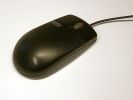
|
On the other hand, much of the magic of the internet is a delusion. All possible information seems to be available at the click of a button. Yet:
|
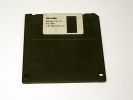
|
The search engines which most people use cover only part of the internet, excluding for instance readers’ discussions or essential databases, which one might have to register or pay for. Five years ago, it was estimated that 99.8% of the internet is not raked by search engines (Cooke, 2001, p. 28).
The data flood can lead to a loss of orientation, more than even the largest library. Surfeit of information may mask lack of knowledge, which is analysed and organised information. Also, a search for terms already known is very swift, but it does not replace the scanning of a text by a human reader, who understands similar ideas expressed in varying ways (Oddy, 1996).
Unfortunately, much of the internet resembles more a landfill site than a treasure store, and many users do not have the skills to distinguish between sites. The quantity of published material has increased thousandfold, but its quality is questionable. D. J. Foskett warns that "instant information" might be followed by "instant oblivion" (Foskett, 1984, p. 128), and John Feather asks whether we have achieved "electronic democracy" or "electronic anarchy" (Feather, 2004, p. 96)!
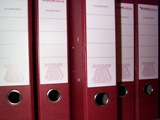
|
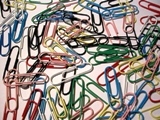
|
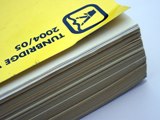
|
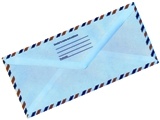
|
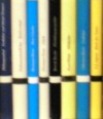
|
The internet is already taken for granted by many people, but others have no access to the internet, to a computer, or first of all to a school to learn reading, or else to uncensored web sites. The People’s Republic of China alone suggests a false freedom to a fifth of the world population by providing only limited access: customised search engines filter potentially subversive information out, even on major historical facts like the demonstration on Tiananmen Square in 1989.
In a democracy, too, the state can misuse the data it holds, for instance police records or results of online polls (Lyon, 1988, p. 90). Government data previously deposited in libraries may now be held and sold by private companies and so actually be less accessible to the public than before (Lyon, 1988, p. 92).
The free market itself creates imbalances, particularly with the colossal size of multinational corporations and the software companies themselves. Both are on the one hand interwoven with government and military bodies, yet on the other hand often operate outside the law by spreading their activities across states accordingly (Lyon, 1988, p. 121).
The mere fact that the overwhelming majority of internet pages are in English constitutes a cultural dominance. It is estimated that 95% of the world’s 6,000 languages will die out in the course of this century (Oddy, 1996, p. 78), and the internet plays a major part in this.
|
Lastly, the opportunity to copy chunks of information within seconds has led to a wave of plagiarism, and what is worse, plagiarism without an awareness of it. The maintaining of copyright is not really manageable any more either. |
"Book publishers have sued Google in the United States for its program to digitise everything in print, and French news agency Agence France-Presse is also in court with the web search leader for use of its articles and photographs." The Epoch Times, |
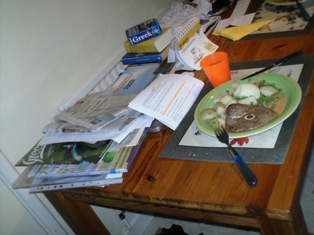
Soon, the only paper left on the kitchen table will be the kitchen tissue
Photo: Christina Egan